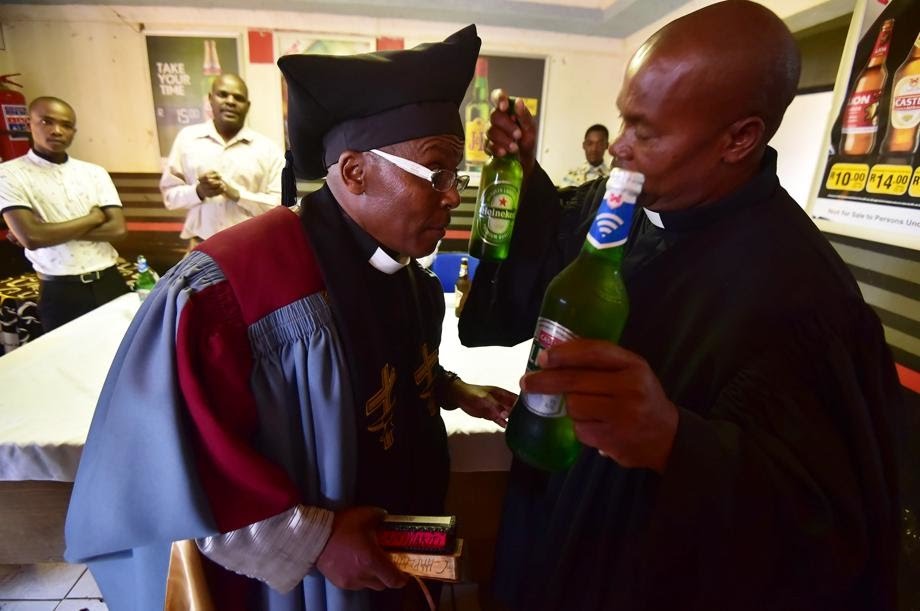“Nigerian Breweries recorded sales of almost N300billion in 2015 while Guinness is expected to record sales of N275billion; totaling almost N600billion (about $3billion), which is about 3% of our GDP. That is about 3billion bottles of beer or 20 bottles per person per year. The average Nigerian is either a Christian or Muslim. Both religions enjoin adherents to avoid alcohol. So who drank N600billion worth of alcohol in one year”? I have reproduced fully a poser that was trending at the beginning of this week. I received it on my phone as we waited for a professor in my Ph.D. class at the Nigerian Defence Academy in Kaduna.
And it set me thinking about the Nigerian social condition and the contradictory content of consciousness in society. We live in a state of anarchic and contradictory modernization, characterized by extremities of wealth and a mass of alienated people who have very little to look towards. The existence of this mass of atomized and alienated represents an earthly expression of the hell that religion has constantly drummed into the heads of adherents. Consequently, religion is now a booming business, with priests becoming some of the richest people in our country: they own private jets; wear expensive clothes; live in palatial homes; run upscale schools and universities and sell hope and prayers and are lords of a boom prayers economy.
Their flock barely survives in the heartless conditions of our neocolonial capitalism and even the little they have; they are often willing to give as tithes and offerings.
But the economic situation in the land today is even beginning to affect the takings in churches. SATURDAY PUNCH of April 16, 2016, carried out an investigation that confirmed a “considerable drop in tithes and offerings by members.” As a matter of fact “there has been increasing demand for the church leaders for financial support towards feeding, accommodation and children’s tuition”.
A church leader in Akure reported that attendance at Sunday services “had dropped from 500 to between 200 and 350 members…”. The development he blamed on irregular payment of salaries to workers in the state. A pastor in Ibadan added that: “the church is a component of the society. So, what is happening in the society will affect the church. Before, members would pay little, but now, they are not ready to pay anything. In fact, they are looking for ways to get something from the church”. Critical theorists often argue that religious institutions also sell a form of intoxicant to adherents; spiritual booze. The economic condition is making things difficult for the vendors of spiritual intoxicants.
But business is booming for the bottled version of intoxicants in our society, as we have quoted at the head of this piece. Three billion bottles of beer were consumed in 2015 alone, and that generated almost N600billion, or 3% of GDP, Phew!


